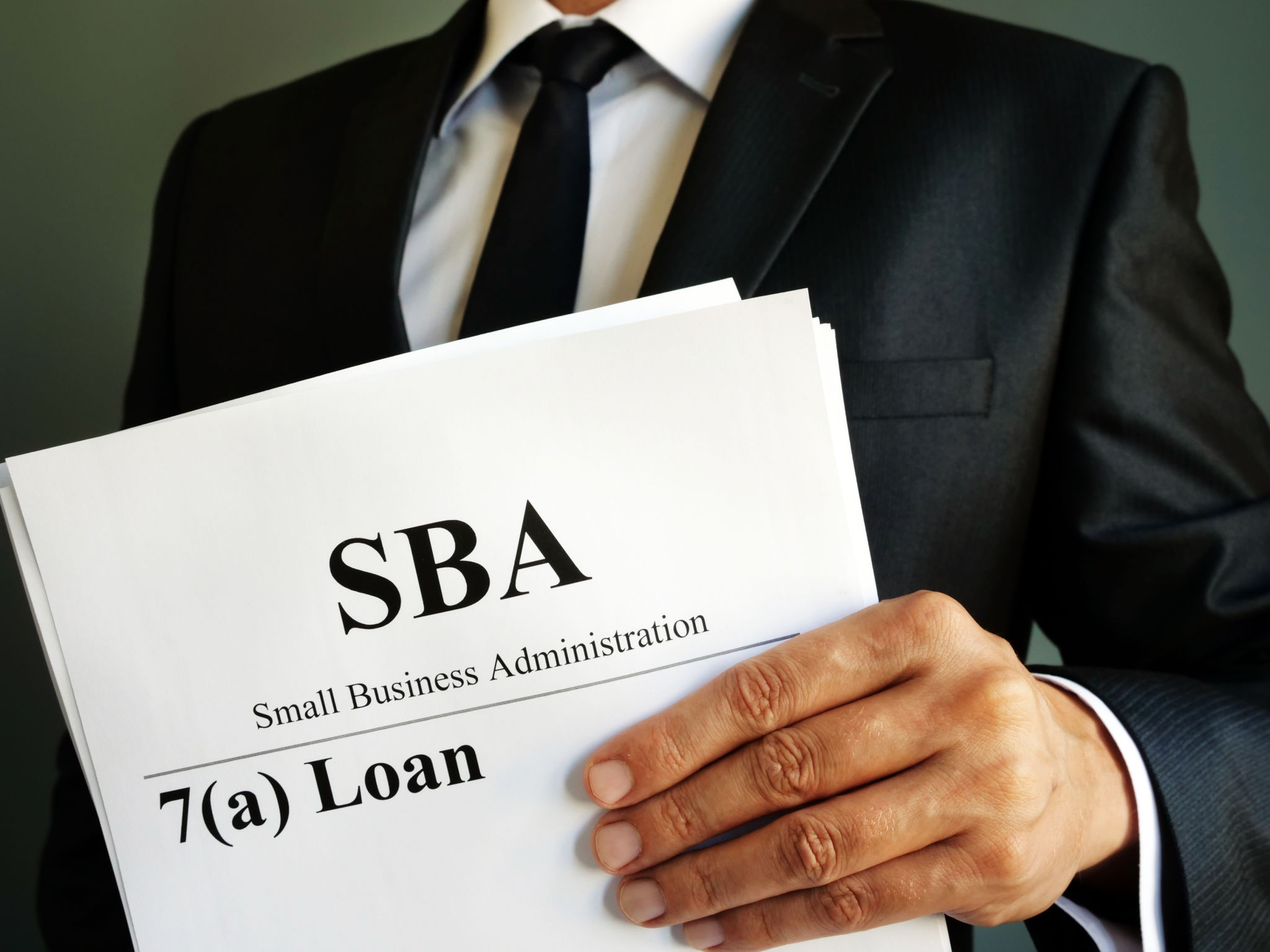Understanding SBA Loans for Commercial Real Estate Projects
MR
What Are SBA Loans?
Small Business Administration (SBA) loans are government-backed loans designed to assist small businesses in obtaining financing. They are particularly beneficial for commercial real estate projects, offering entrepreneurs and business owners the opportunity to purchase or refinance real estate with favorable terms. The SBA does not lend directly but partners with lenders, guaranteeing a portion of the loan, which reduces the risk for lenders.

Types of SBA Loans for Real Estate
There are two primary types of SBA loans that are popular for commercial real estate projects: the SBA 7(a) loan and the SBA 504 loan. Each has its unique features and benefits, catering to different needs:
- SBA 7(a) Loan: This is the most common SBA loan program and offers flexibility for a wide range of business purposes, including purchasing land or buildings.
- SBA 504 Loan: Specifically designed for purchasing major fixed assets like real estate or large equipment, this loan offers long-term, fixed-rate financing.
SBA 7(a) Loan Details
The SBA 7(a) loan is a versatile option that can be used for a variety of purposes beyond real estate, such as working capital and inventory. For real estate, borrowers can finance up to 90% of the property value with terms up to 25 years. This makes it an attractive choice for those looking to minimize their down payment while securing competitive interest rates.

SBA 504 Loan Specifics
The SBA 504 loan is tailored for businesses looking to purchase real estate or heavy equipment. It involves a unique structure with three parties: the borrower contributes 10%, a Certified Development Company (CDC) provides 40%, and a lender covers the remaining 50%. This structure allows business owners to access substantial funds with long-term, fixed interest rates, making it ideal for investment in property development or expansion.
Eligibility Criteria
To qualify for an SBA loan, businesses must meet specific criteria set by the SBA. Generally, the business must operate for profit and fall within certain size standards. Additionally, the business owner should demonstrate sound credit history and the ability to repay the loan. The property financed must be owner-occupied, meaning at least 51% of the property must be used by the business.

Application Process
The application process for an SBA loan can be intricate but manageable with proper preparation. It involves gathering necessary documentation such as financial statements, tax returns, and business plans. Working closely with an experienced lender familiar with SBA requirements can streamline the process and improve the chances of approval.
Benefits of SBA Loans for Real Estate
SBA loans offer several advantages over traditional financing options. With lower down payments and longer repayment terms, they make it easier for small businesses to preserve capital and manage cash flow. Additionally, the fixed interest rates provided by SBA loans offer predictability in financial planning.
Conclusion
Understanding SBA loans and their application to commercial real estate projects can significantly impact a business's growth potential. By leveraging these government-backed financing options, small business owners can secure favorable terms that align with their investment goals, paving the way for successful property acquisition or expansion.
